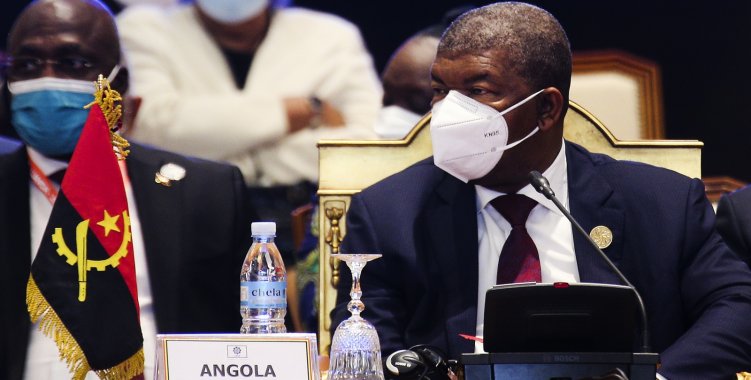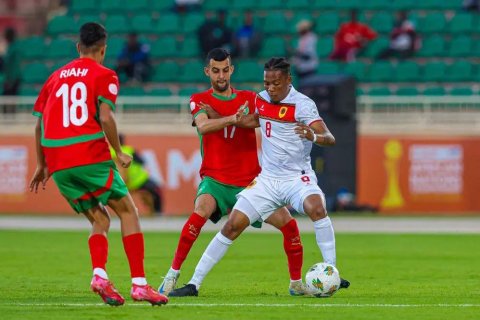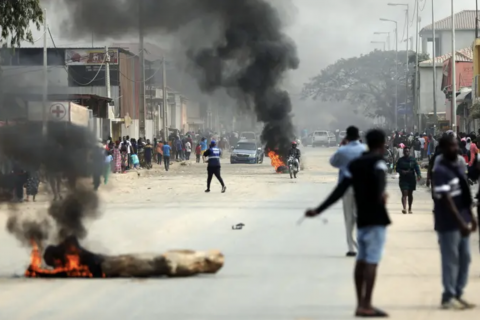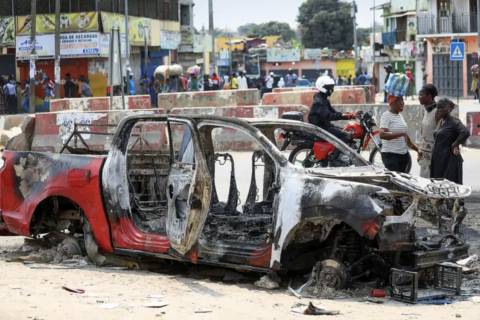"CPLP is not the past, it's the future" and "it still has a long way to go and a lot of work to develop", said the Timorese diplomat Zacarias da Costa, speaking at an international seminar on the 25th anniversary of the organization, promoted in Lisbon by the Brazilian Congress .
"On the way to the future, I believe that there are several challenges that challenge the CPLP in the short term," he added.
Among these challenges, Zacarias da Costa highlighted the promotion of "a facilitating framework for economic and business cooperation, namely the internationalization of companies, the mutual protection of investments and the increase in commercial exchanges" and progress "in the implementation of the agreement on mobility ", a proposal negotiated by the Cape Verdean presidency and approved at the summit of CPLP Heads of State and Government, in Angola, in July.
"Angola's rotating presidency opens up renewed expectations for economic and business cooperation", he stressed, proposing to include the aspect of economic integration among the organisation's general objectives, "which will allow the consolidation of a common agenda for this sector", he referred.
"It is important that we move forward in implementing the agreement on mobility (...) as a way not only to strengthen the sense of belonging of citizens to the community, but also in order to generate a positive economic impact that will certainly result from an easier circulation", he pointed out also.
Zacarias da Costa continued to list short-term challenges for the organization, namely the need to "strengthen the partnership" with the 32 CPLP associate observers and "with future candidates", so that the Portuguese-speaking community can "take greater advantage" of " privileged relationship" that he established with those countries.
Another challenge involves strengthening the means to promote the Portuguese language, internally and externally, he said.
"Internally, UN projections point to a doubling of Portuguese speakers by the end of this century, mainly thanks to the demographic growth in Angola and Mozambique. But this growth will only have a real impact if the widespread use of Portuguese by the part is ensured. of these populations," said the executive secretary.
"On the external front, UNESCO's declaration of the 5th of May as the World Day of the Portuguese Language is recognition of the growing importance of the Portuguese language: Portuguese is currently the most spoken language in the southern hemisphere, thanks to Brazil; it is among the 4th or 5th most spoken in the world; it is one of the fastest growing on the Internet. It is an official and/or working language in 32 international organizations", he stressed.
But, for Zacarias da Costa, the CPLP must "now proceed with the implementation of the Operational Plan for the Promotion and Diffusion of the Portuguese Language 2021-2026, which will facilitate the application of the global strategies outlined in the Action Plans of Brasília; Lisbon; Dili; and Praia, in a coordinated effort between the executive secretariat, the International Institute of Portuguese Language and the Member States".
Zacarias da Costa was speaking at the two-day international seminar that the Brazilian Senate and Chamber of Deputies are holding in Lisbon, starting with the Jornada Agostinho da Silva, dedicated to the 25th anniversary of the CPLP.
Thus, he concluded: The space for reflection and dissemination that this journey allowed, as well as the launch of the publication by the Alexandre de Gusmão Foundation, entitled Panorama of Brazil's Contribution to the Dissemination of the Portuguese Language (...), constitutes a an extremely important contribution made by Brazil, through the entities involved, in promoting the language that brings us all together".
On the second day, the seminar will focus the debate on "Sustainable Agribusiness in Brazil".
This seminar takes place in the context of the IX Lisbon Legal Forum, which brings together Brazilian and Portuguese authorities every year to discuss topics of common interest.
Angola, Brazil, Cape Verde, Guinea-Bissau, Equatorial Guinea, Mozambique, Portugal, São Tomé and Príncipe and East Timor are the nine member states of the CPLP, which on 17 July celebrated its 25th anniversary.
CPLP: "The presidency of Angola opens up renewed expectations for economic and business cooperation"
The executive secretary of the Community of Portuguese-speaking Countries (CPLP) argued that the organization "is not the past, it is the future", and has several challenges "in the short term", among them that of advancing the mobility agreement.







